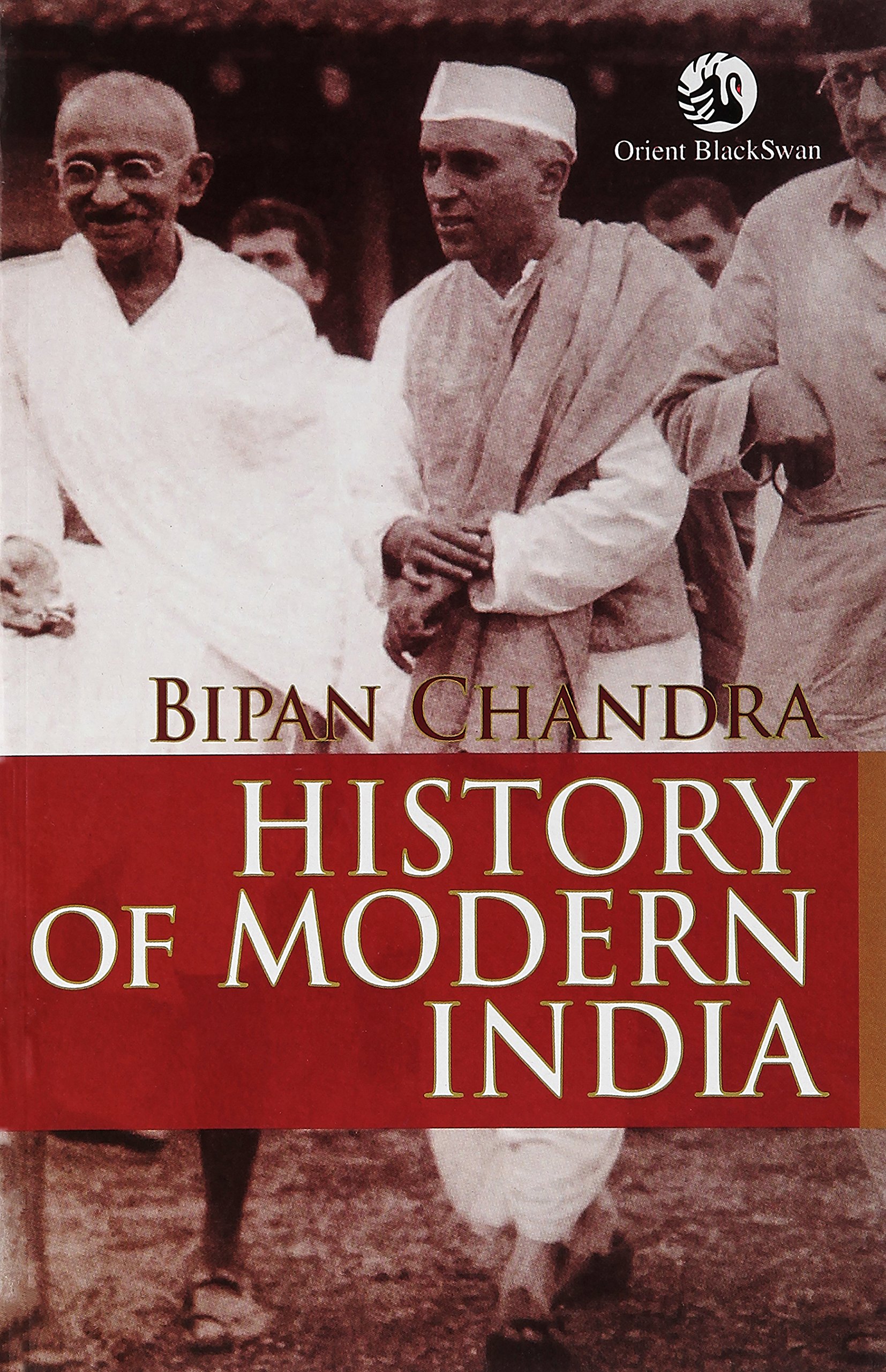
The Subaltern Studies project was yet to be launched and Feminist and Dalitbahujan history writing were eking out a living at the margins of the main text of Indian historiography. They also did not pay adequate attention to the works of Ambedkar or Periyar. Indian historians did not take texts like the Pedagogy of the Oppressed or De-schooling Society seriously. In those days we had not heard of, or were not told about, deconstruction or postmodernism. The troika of Romila Thapar (Ancient India), Irfan Habib (Medieval India) and Bipan Chandra (Modern India) ruled the minds of those budding historians across the country who wanted to end up in the sanctum sanctorum of Indian Marxism – the Jawaharlal Nehru University’s Centre for Historical Studies (CHS).



In the early 1980s the towering personalities of Romila Thapar and Bipan Chandra were associated not only with the influence of Marxism on Indian history writing but with all that was supposed to be good about the craft of modern Indian history writing: the scientific temper, possible objectivity, intellectual rigour, secularism, ideological honesty and the emphasis on economic and social history.


 0 kommentar(er)
0 kommentar(er)
